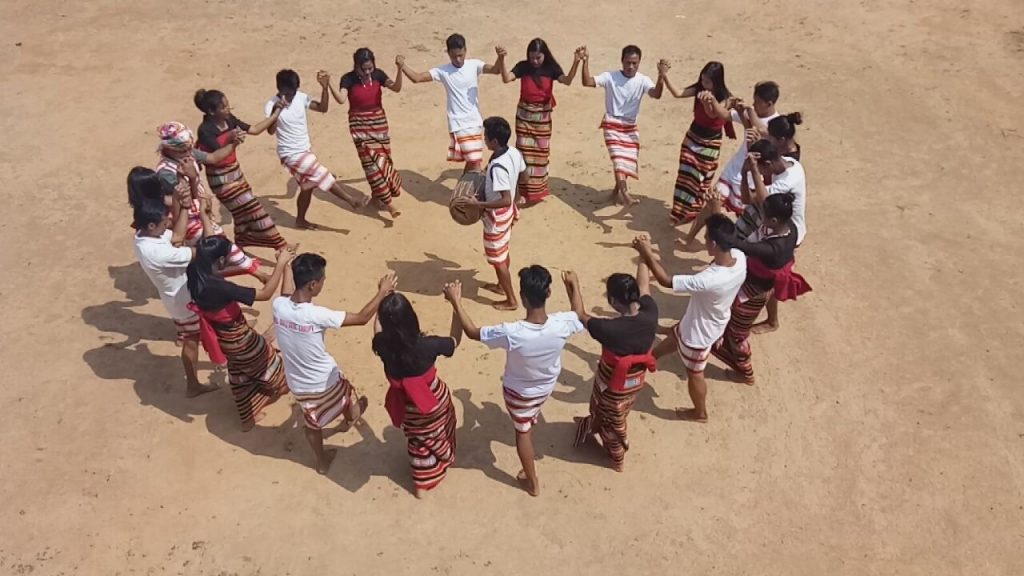Zo Indigenous Forum
Background and objective
Over the centuries, people have developed ways of transmitting knowledge from generation to generation based on oral tradition and written texts/literature. As a result, it is now possible to track and explore distant history, as well as the history of languages and cultures. One exception was the sound of language, since it was impossible to preserve the sound of speech until recently. The Zo tribes located in between India and Burma (Myanmar) have been influenced by western cultures causing their language to become endangered. Based on consultations and discussions with two community representatives from the endangered Pang and Ralte languages, they vare committed work on an initiative to preserve their languages.
The project will promote and preserve Pang and Ralte languages identified by the UNESCO Atlas of the World’s Languages in Danger, as endangered or in the verge of extinction. Key activities include video and audio documentation of conversational practices and recorded narrative; and youth mobilization and education on the importance of language. This project will build upon community-driven documentation of traditional oral literature, relying on the work of community members.
The endangered Pang and Ralte language and cultural practice were archived online and offline. Production of video and audio documentation of two highly endangered indigenous languages. At least 20 members (10 man, 10 women) were trained to mobilize community members. At least 60 members from both community (30 each) were aware
Local partner information
The Zo Indigenous Forum (ZIF) is a human rights-based indigenous peoples’ organization founded in 2009 in Mizoram, Northeast India. Its main objective is the protection and promotion of human rights, in particular the social, economic and cultural rights of the Zo indigenous peoples. Its activities include awareness raising and education on human rights, promotion of traditional knowledge, including campaigns for the recognition of indigenous language rights, advocacy work to combat child labor and trafficking, and the empowerment of women, children and youth in the management of natural resources.

